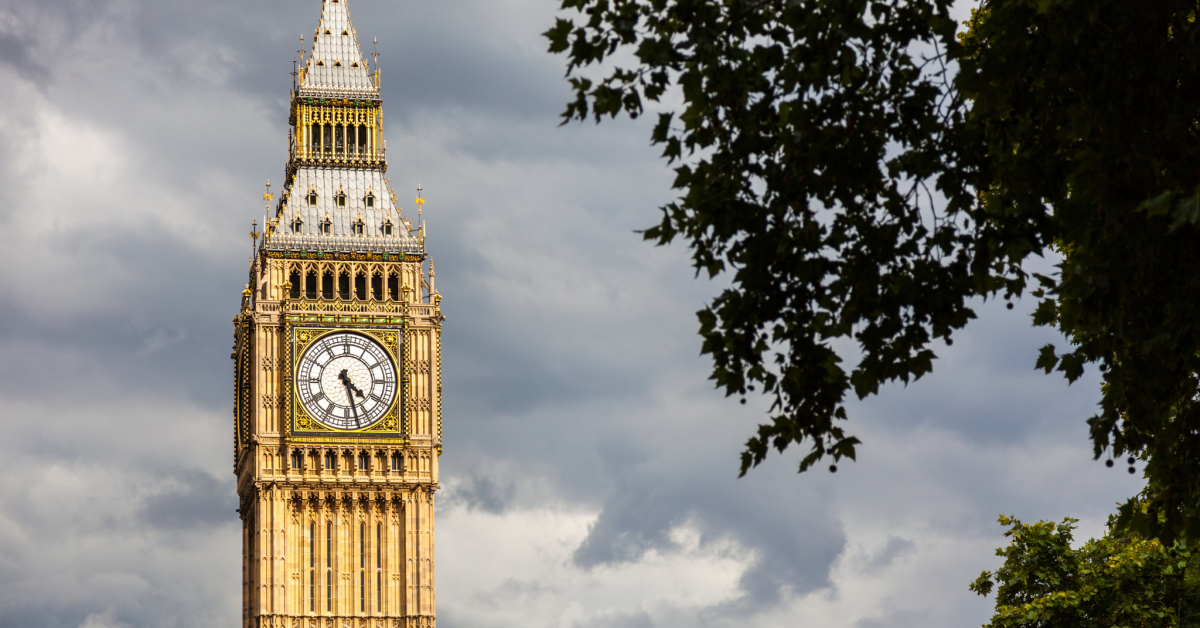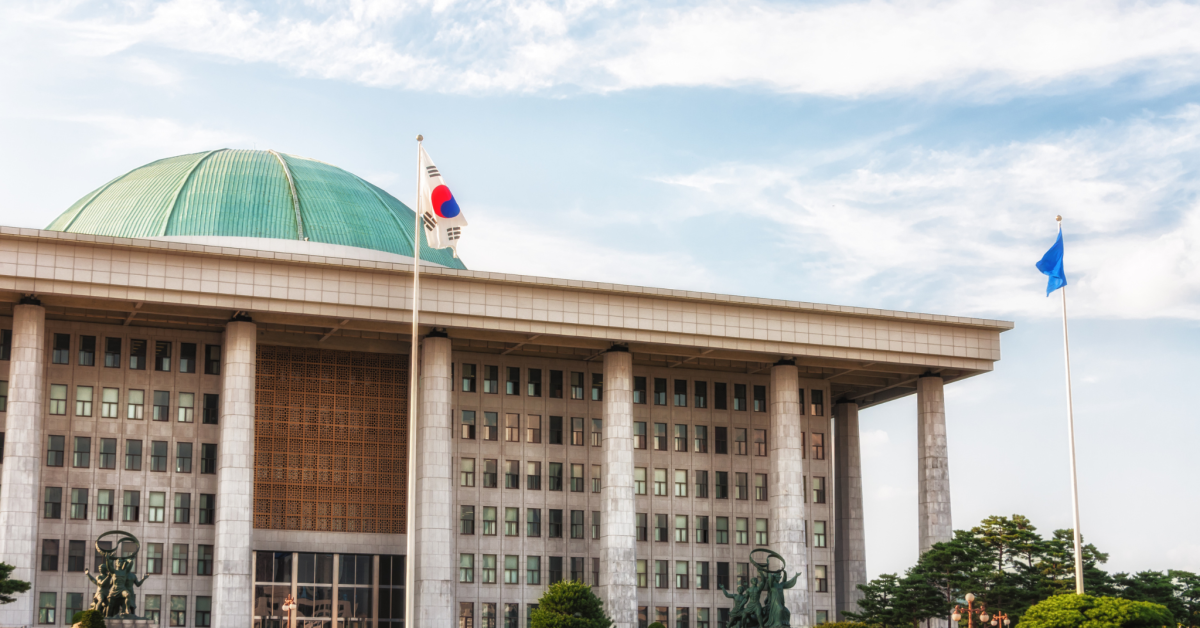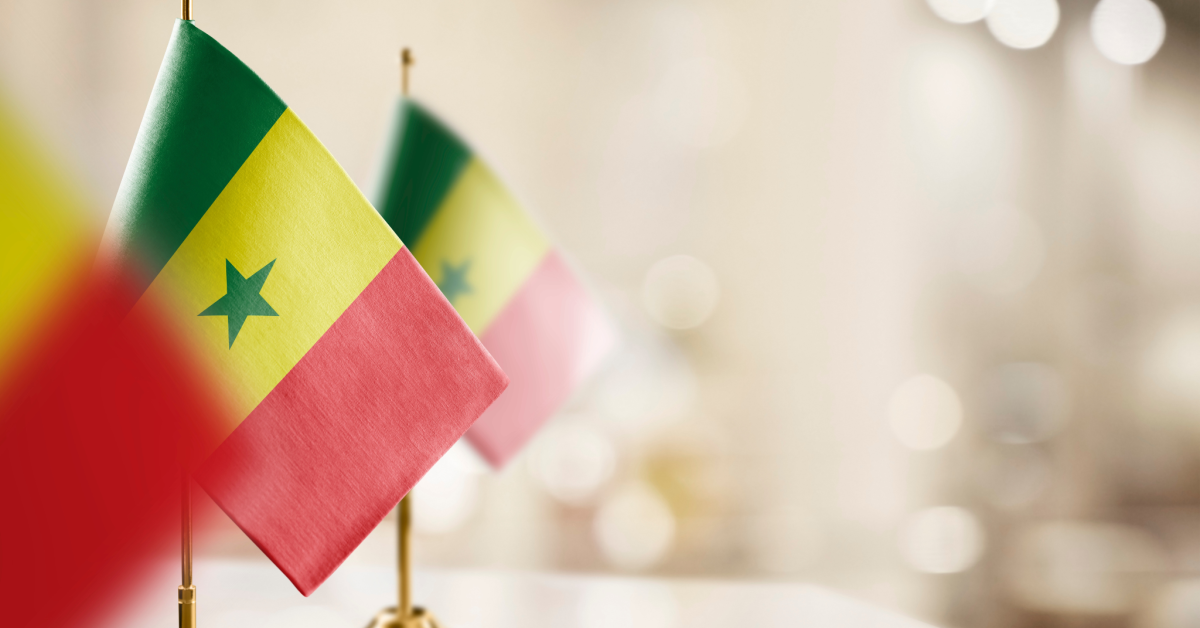General Secretary of Vietnam’s death raises concerns of political and business uncertainty
At a Glance
- Vietnam’s paramount leader, General Secretary Nguyễn Phú Trọng, passed away on July 19, following months of illness and absence from major political events. Current president and rising political figure To Lam has taken charge of the party until an official announcement is made.
- While political uncertainty will mark the leadership transition, broad continuity on economic development, trade openness, and “bamboo” diplomacy is expected.
Trọng’s legacy: Economic transformation, bamboo diplomacy, and anti-corruption push
The General Secretary of the Communist Party of Vietnam (CPV), Mr. Nguyễn Phú Trọng, passed away on July 19, 2024, at the age of 80, after months of absence from public events. Just a day before, a statement on his ill health also announced that Vietnam’s current president, To Lam, would take charge of the management of the party’s structures. Vietnam’s political leadership structure comprises four key roles—the party’s General Secretary who also heads the Politburo and military, the president who serves as head of state, the prime minister, and the chairman of the National Assembly. The General Secretary is the de facto highest and a role that Trọng has held since 2011.
Presiding over Vietnam’s past decade of rapid economic transformation and nimble foreign policy balancing US and Chinese economic and security interests, Trong’s legacy has been a highly consequential one. Amid Western de-risking from China, Vietnam has thrown open its doors as the world’s new manufacturing hub in a “China-plus-one” strategy to which global trade and supply chains can “friendshore.” With a younger and hungrier—but just as educated—labor force, Vietnam has easily been one of the largest beneficiaries of the exodus of manufacturing from China since the pandemic.
At the same time, this has come with risks. Many investors are now eyeing Vietnam’s neighbors over concerns of Vietnam’s closely linked supply chains to China, which might not prove enough of a “de-risk” after all. Among its manufacturing rivals in Southeast Asia, Vietnam is also seen as leading the pack in its aggressive trade diplomacy. Vietnam has outperformed regional peers in reaching multiple free trade pacts with key trading partners, including the EU–Vietnam Free Trade Agreement, the UK–Vietnam Free Trade Agreement, and the Comprehensive and Progressive Agreement for Trans-Pacific Partnership (CPTPP).
This aggressive diplomacy is also apparent in Vietnam’s deft geopolitics. Trọng has played an amicable host to the two superpowers, welcoming their leaders to visit Vietnam, both officially and on the sidelines of major political events hosted by Vietnam during his time in power, such as the 2017 APEC Summit and the 2019 US–North Korea Summit in Hanoi. Remarkably, Vietnam has hosted two US aircraft carriers in the last few years, for the historical first time in 2018 and again in 2020. US President Biden’s visit in 2023 also saw an elevation of bilateral ties to a “Comprehensive Strategic Partnership.” Not to be outdone, Chinese President Xi Jinping followed suit just a few months later, in 2024, signing 36 bilateral agreements with Trọng. Vietnam now boasts seven comprehensive strategic partners—China (2008), Russia (2012), India (2016), South Korea (2022), the United States (2023), Japan (2023), and Australia (2024).
However, such a balance in diplomacy is more evident in trade and investment rather than in the political arena. On the ground, Vietnam demonstrates greater alignment with China and Russia, its two longstanding allies, through frequent high-level visits and policy consultations, and alignment on key events, such as the Ukraine War. Relations with China are nevertheless sometimes fraught over contesting claims and clashing vessels in the South China Sea.
Domestically, Trọng’s legacy has also been marked by a multi-year anti-corruption campaign to burnish party legitimacy. Since 2021, the campaign saw the removal of 10% of the 200-member Party Central Committee, seven members of the Politburo (the party’s top decision-making body), including two state presidents, one president of the National Assembly, and two deputy prime ministers. This has also been matched by the arrest of hundreds of officials and business leaders—sometimes affecting business confidence.
Continuity expected
A state-level funeral for Mr. Trong has been announced for July 25 and 26, providing an opportunity to observe key politicians assuming leadership during this period of political uncertainty. State media extensively covered condolences from Vietnam’s traditional ideological partners, including China, Russia, Cambodia, Laos, and Cuba. This reinforces Vietnam’s unwavering commitment to balancing current socialist political institutions while pursuing economic development goals. Achieving full modernization remains a 2030 goal.
Mr. To Lam, the chief enforcer of Trong’s anti-corruption purges, is believed to be assuming the dual roles of Party General Secretary and President until the party conducts its 14th National Congress in early 2026. This will be Lam’s second promotion in less than two months, following his appointment as state president in late May 2024. Having helmed the powerful Ministry of Public Security (MPS) for eight years until 2024, To Lam’s rising star in Vietnam might draw concern. Nevertheless, his ascension to the top levers of power might prove beneficial for much-needed economic reforms. His old MPS portfolio has afforded him direct involvement in procurements and policies on cybersecurity, management of weapons, the national defense industry, and combating human trafficking. Now, with his continued seat on the MPS’s Party Committee, these experiences will help lubricate business-to-government dialogues and international cooperation in these areas.
The other candidate for the General Secretary position is Prime Minister Pham Minh Chinh. But he is an unlikely choice, given his lower public spotlight despite his technocratic credentials. No other serious candidates exist for the top job. This reflects the complicated internal dynamics of the party and the effect of the past corruption scandals and crackdowns upon public and business confidence in potential alternative power bases in the party.
Regardless of who gets the job, Vietnam’s political direction is not expected to change significantly. Like China’s model of internal party “democratic centralism,” Vietnam’s political stability is built on collective consensus and the centralized party power over the personalist dictates of individual leaders. Yet, uncertainties over the current leadership transition remain. The business climate will continue to reel from uncertainty over potential high-profile anti-corruption crackdowns—especially as Trọng’s successor cleans out the board.
In terms of foreign policy and trade, the party leaders will likely maintain their “ready to be friends with all countries” stance, which has guided Vietnam’s relationships with key powers for the last four decades.
What can businesses do?
While Vietnam prioritizes improving its legislative efficiency, slower decision-making across sectors has been noticed in the post-pandemic period. The business ecosystem remains plagued by unclear regulatory guidance and an unclear set of government stakeholders to engage. This presents a significant challenge for the private sector in Vietnam. In the midterm, businesses can expect a return to top party priorities of developing a more sustainable and high-value economy, with a focus on green and high-tech initiatives. Given that foreign investment and exports are key drivers of economic growth, Vietnam will continue to pursue trade liberalization and compete with regional peers to attract high-quality FDI. During times of political uncertainty, businesses should stay attuned to ongoing political developments, remain focused on delivering for their clients and customers, and engage with key stakeholders for policy consultation and risk management.
For additional information, reach out to Ha.Bui@edelmanega.com



